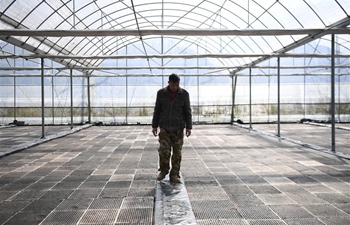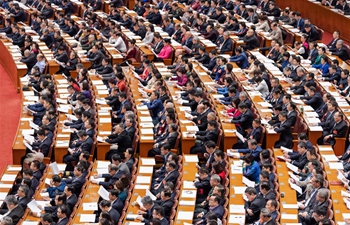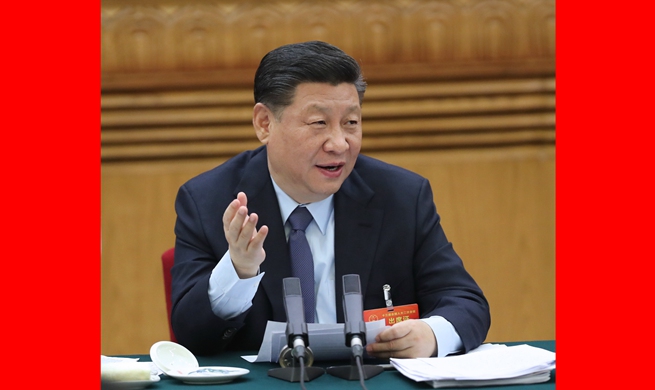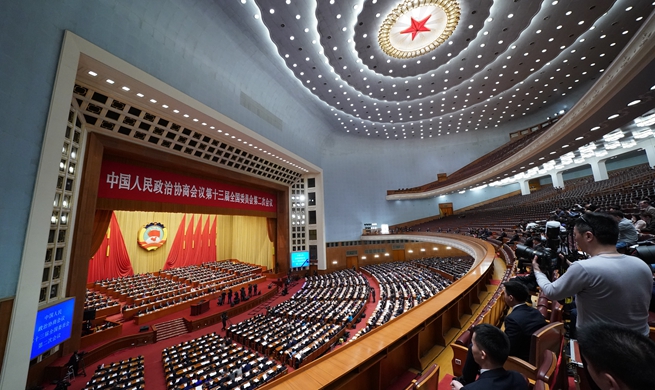NAIROBI, March 11 (Xinhua) -- The United Nations Environment Program (UNEP) on Monday called for stronger public private partnerships to help accelerate uptake of eco-innovation solutions.
Siim Kiisler, Estonia's minister for environment and president of the fourth session of the UN Environment Assembly (UNEA), said in Nairobi that member states need to reach out actively to the private sector, taking into account their national circumstances.
"I invite my colleagues from the whole world to strengthen public private partnerships for accelerated uptake and upscaling of eco-innovation solutions in order to improve their national environmental monitoring systems as well as reduce single-use plastic products by 2030," Kiisler told the official opening of the 2019 Sustainable Innovation Expo.
The expo, part of the ongoing fourth session of the UNEA, will support the theme of the assembly by focusing on eco-innovation and sustainable financing to tackle some of the planet's greatest challenges, organizers said.
Kiisler said that eco-innovation is a new business model that promotes sustainability throughout the entire life cycle of a product, while also boosting a company's performance and competitiveness.
The expo is an excellent example on how to promote and share best practices and synergize global efforts to move toward sustainable development, he said.
Joyce Msuya, acting executive director of UNEP, said innovation is an essential ingredient for development.
She said governments, the private sector, the civil society and academia as well as indigenous societies are all innovators.
Innovations will develop sustainable solutions that will improve overall energy efficiency as well as lower the carbon footprint, Msuya said.
Partnerships are critical to unlocking new capital for sustainable investment and upscaling of sustainable business models, she said.
Keriako Tobiko, Kenya's cabinet secretary in the ministry of environment and forestry, said innovations are ideas that have been translated into real products and there is no limit to the creativity of people.
The challenge, Tobiko said, is the lack of an enabling environment.
"Governments must provide the necessary conditions for innovators to thrive through conducive policies, legislation and incentives," he added.
















